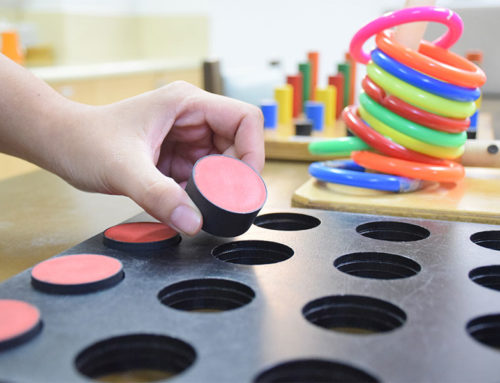Are a few minutes of small talk really worth a lifetime of health uncertainty? We all know that smoking is a major socializing tool that people use to be able to connect with their peers. But if a person gets used to this habit, the long-term effects can be lethal.
But once someone does decide to stop smoking, the long-term health benefits begin to show almost instantly. Here’s a brief three-day timeline of the benefits of quitting smoking:
20 minutes after you stop smoking, your blood pressure and body temperature begin to normalize.
The first two things that happen when you take that first puff of smoke is that your blood pressure rises and your blood vessels begin to constrict. This rise in blood pressure increases the risk for heart attack or stroke. Conversely, when you stop smoking, your blood pressure will drop to normal, dropping the risk of you getting a stroke or heart attack.
The constriction of the blood vessels can also speed up the ageing process and restrict blood flow to the extremities, which is why your fingers and toes may feel a tingling sensation when you start smoking.
When you stop smoking, the quickened ageing process begins to slow down to normal and the blood vessels begin to return to normal size causing better blood circulation to the extremities.
8 hours after you stop smoking, the Nicotine in your system drops.
What most people don’t realize is that cigarette is a very efficient drug delivery system. It delivers Nicotine to the brain in just a few seconds. Nicotine is a highly addictive drug that indirectly causes the release of pleasure hormones such as dopamine to the brain.
It’s the release of these kinds of hormones that makes the smoker seemingly feel better after a few puffs. 8 hours after your last dose of Nicotine, the body is already able to expel some of that toxin.
12 hours after you stop smoking, blood oxygen levels return to normal. Carbon monoxide levels return to normal.
Inhaling smoke is also inhaling toxic Carbon Monoxide found inside the lit cigarette. CO2 bonds very well with red blood cells and also prevents these red blood cells from bonding with O2 or oxygen.
This means that 12 hours after your last stick, your body gets more oxygen and less carbon monoxide and you breathe a whole lot better than 12 hours earlier.
48 hours after smoking, damaged nerve endings begin to heal. Senses of taste and smell go back to normal.
The tingling sensation on your fingertips when you start smoking is actually your nerve endings losing oxygen. Therefore sustained smoking can cause semi-permanent to permanent damage to your nerve endings due to the lack of oxygen reaching them. Smoking also dulls the taste buds by flattening them compared to taste buds of non-smokers.
Just two days after smoking, almost everything begins to go back to normal. Nerve endings start to heal. Lack of nicotine means lack of CO2, and lack of CO2 accounts for oxygen to circulate back to the extremities.
Same goes for the taste buds; 48 hours after smoking, the taste buds begin to heal and the seemingly non-smoker’s sense of taste goes back to normal.
72 hours after you stop smoking, you will be 100% nicotine free. Lungs start to regain normal breathing and healing in the alveoli begin.
This means that breathing becomes easier or goes back to normal. This all sounds great but the first 72 hours are the most crucial and difficult times on your road to recovery.
Because your body is relearning how to function without all the toxins, you are relearning how to function without the need for a cigarette. Your lungs may be breathing easier and more oxygen is getting into your system but the fight is not yet over.
The goal after the first 72 hours is to go beyond that. Get to 73 hours, then to 74. The battle is in every minute you are not allowing yourself to light another stick. And you are winning.
And like the first 72 hours, quitting smoking will only always lead to positive effects. But to make sure that you are taking the right steps, it is still best to consult with a doctor. ManilaMed has doctors available for consultation when you finally decide to kick the smoking habit. Visit their website at www.manilamed.com.ph to learn more.




